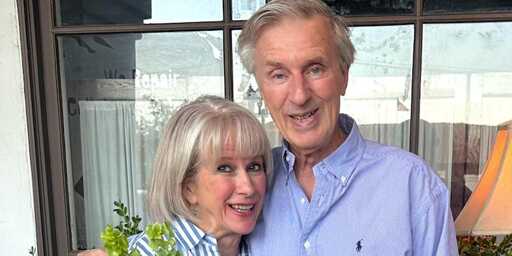Joel and Kathryn Friedman, both 71, are counting the days until they can sell their home and move into a 55-plus community.
The retired empty-nesters have been ready to downsize for years, but are reluctant to sell their five-bedroom, 5,000-square-foot Southern California house [mansion] in large part because of at least $700,000 in capital gains taxes they estimate they’d have to pay.
Since 1997, home sale profits over $500,000 (for married couples) and $250,000 (for single filers) have been subject to a capital gains tax of up to 20%. That threshold hasn’t changed since 1997, meaning that — between inflation and soaring home prices pushing an ever higher number of houses above that limit — many more home sellers have to pay the tax now than when it was first implemented.
The Friedmans are among a growing number of older homeowners discouraged by the tax from selling their valuable properties. Housing economists say that dynamic has exacerbated a shortage of family-sized homes on the market, especially in expensive places like California.
The Friedmans’ house is too big for them, and maintenance costs are only rising, Joel said. “There are a million reasons why we’d like to move, but we’re not because the tax is just burdensome,” he said.
But that could change — there’s bipartisan support in Congress for raising the federal tax threshold to boost home sales in a stagnant market.



Plus they’re in their 70’s. Pretty sure 3.8 mil will last you the rest of your life.
I’m in my 30s and could make 3.8 million last me the rest of my life. Even if I wasn’t good at investing and just put it in an interest checking account earning 1% interest, it would earn 38,000 a year. Which is right around what I make now. There’s two of them, and you do have to account for inflation, but it really wouldn’t be difficult to get 2-3% return on that and still be able to live off the interest alone.
Not if you need it to buy a house.